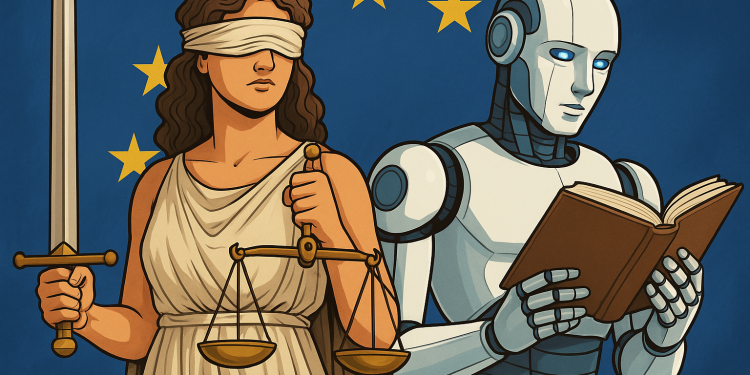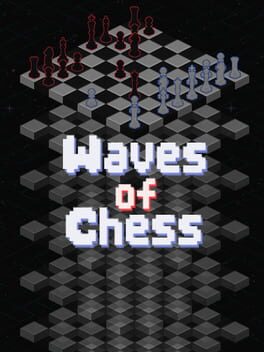The European Union is considering changes to how generative AI systems handle copyrighted content, based on a recent study commissioned by the EU’s Policy Department for Justice, Civil Liberties and Institutional Affairs. This research highlights concerns with the current opt-out system, which allows AI developers to use copyrighted material unless the rights holders explicitly refuse. The study proposes shifting to an opt-in model, along with other measures, to better protect creators.
Professor N. Lucchi of the University Pompeu Fabra in Barcelona authored the extensive 171-page report, which critiques the application of Article 4 of the 2019 Directive on Copyright in the Digital Single Market. Article 4 currently permits text and data mining (TDM) of legally accessible content without explicit consent, provided it’s for analytical purposes. However, the use of generative AI extends beyond analysis and often reproduces content, raising legal questions about this approach.
The current framework effectively assumes consent if a copyright owner does not actively opt out, a practice Lucchi calls problematic: “The opt-out model presumes that copying is lawful unless authors embed machine-readable reservations… That inversion of the burden effectively treats silence as consent.” Imagine if books were free to copy unless the author explicitly said otherwise on every page. Sounds a bit off, right?
The study recommends three key changes: reinstating an opt-in system for the use of copyrighted works in AI training, establishing fair compensation for creators whose works are used, and introducing stronger safeguards, such as watermarking and content traceability, to enhance transparency. Lucchi emphasizes that these three elements, when combined, are crucial for achieving legal clarity and sustainable innovation.
While the opt-in model is seen as a transitional step until broader reforms are established, improvements to the current opt-out system are also suggested. These include standardizing opt-out signals so they are enforceable across the AI development chain, from content platforms to researchers and AI companies.
Interestingly, the study also proposes an EU-level statutory exception that allows generative AI to train on copyrighted material, provided that authors receive equitable remuneration. This would mean creators get paid whenever their work is used to train AI models, a move that might bring copyright holders some relief.






















